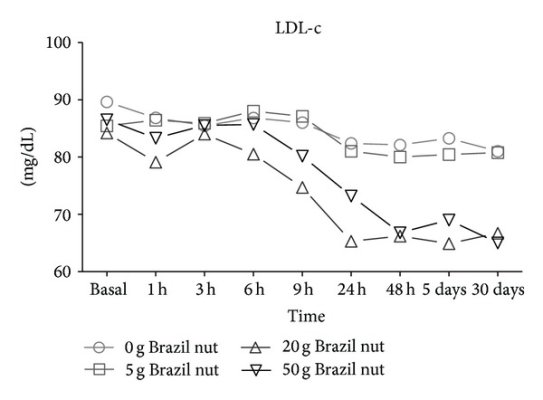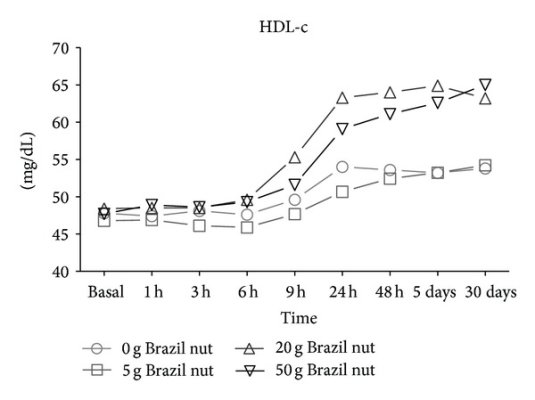Interesting research article from Pubmed on boosting immunity for viral infections, including COVID19:
"For a viral disease like COVID-19, where no pharmacological strategies for prevention or treatment are presently available and the exact time of the ending of the alarming situation is unknown, nutritional strategies for enhancing immunity is something to be explored. In addition to treating malnutrition and weight reduction in obese healthy subjects, in this review we have highlighted the potential preventive and therapeutic application of few vitamins, trace elements, several nutraceuticals and probiotics. In the current global context with limited movements, it is difficult to obtain a balanced and varied diet. Therefore, achieving recommended amounts of calories and micronutrient will be a challenge. Selective micronutrient supplementations may be beneficial especially for vulnerable populations such as the elderly."
There is a summary of the recommendations in Table 5.
https://www.ncbi.nlm.nih.gov/pmc/articles/PMC7161532/


